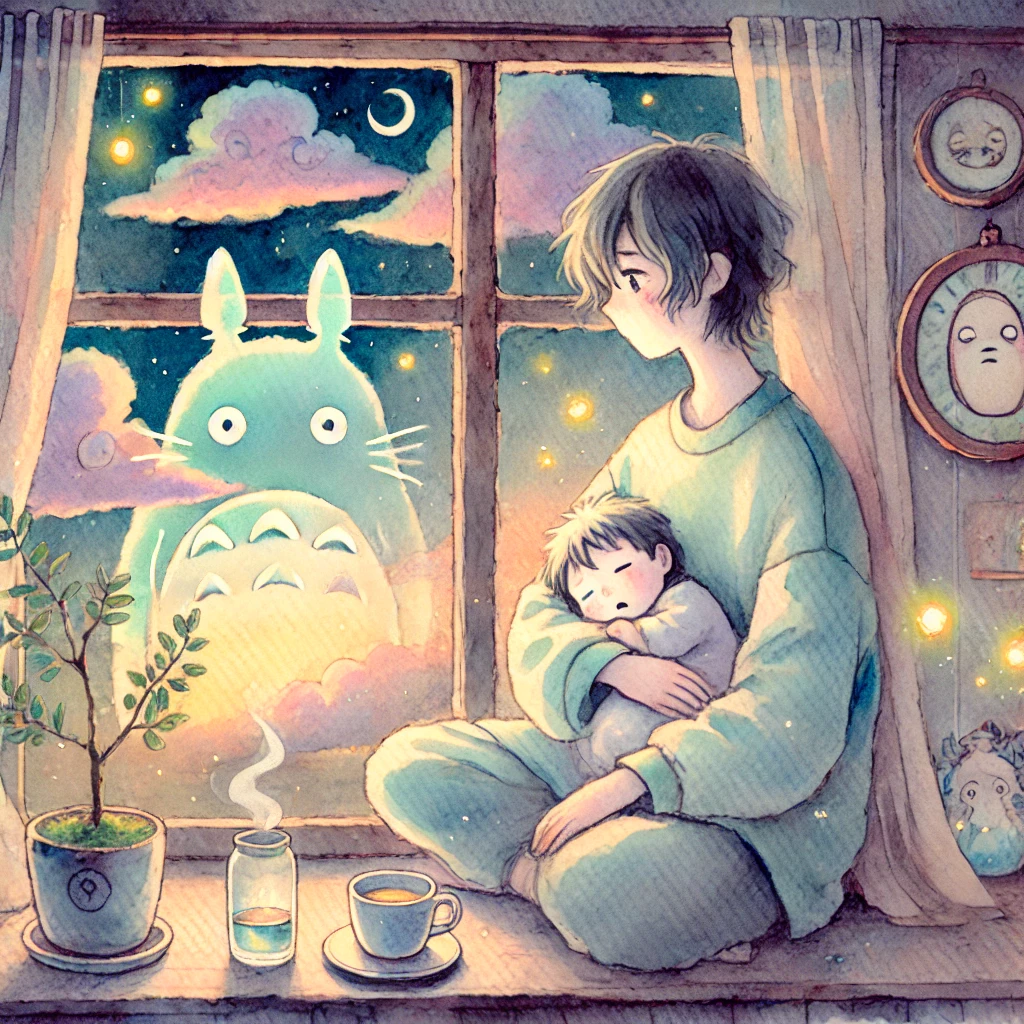Is it baby blues vs postpartum depression? Learn the signs, differences, and coping strategies from a doctor’s perspective. You’re not alone!

When my sisters became mothers, I expected joy, not the silent struggle I saw behind their smiles. My own mother had postpartum depression, though no one talked about it then. Now, as a doctor (though still early in my career), I’ve realized how often PPD goes unseen.
“Will I ever feel like myself again?” If you’ve asked this after childbirth, you’re not alone. Up to 80% of new moms experience the “baby blues”. But when does it cross into postpartum depression (PPD)?
The exhaustion, the mood swings, the sudden tears… it’s a lot. But here’s the good news: you can get through this, and I’m here to help you understand the difference between normal adjustment and when it’s time to seek help.
What Are the Baby Blues?
What’s happening biologically?
– Your body undergoes dramatic hormonal shifts within 72 hours after delivery
– Estrogen and progesterone levels drop sharply
– Prolactin (the milk-production hormone) surges
What this feels like:
– You might cry over commercials or feel suddenly irritable (my sister snapped at me for folding baby clothes “wrong”)
– Many new moms describe feeling emotionally raw or “too sensitive”
– The fatigue isn’t just from sleepless nights – it’s biochemical
Why this isn’t permanent:
– These symptoms typically peak around day 5 postpartum
– Should gradually improve by week 2
– Think of it like PMS symptoms – intense but time-limited
My advice for coping:
– Let the tears come – they’re hormonal, not a sign of failure
– Ask visitors to handle household tasks instead of just holding the baby
– Remember: This is your body adjusting, not a preview of motherhood
When It’s More Than the Blues: Recognizing Postpartum Depression
Key differences from baby blues vs postpartum depression :
– Symptoms persist beyond 2 weeks and often intensify
– The sadness feels heavier – like being stuck in fog
– You may feel disconnected from your baby (which creates terrible guilt)
Less talked-about symptoms I’ve observed:
– Rage outbursts (my sister threw a bottle across the room)
– Physical symptoms: headaches, nausea, or heart palpitations
– Obsessive thoughts about baby’s safety
– Feeling like you’re “going through the motions”
Risk factors I’ve noted in my family:
– Previous anxiety/depression (my mom had undiagnosed anxiety)
– Traumatic birth experiences
– Lack of practical support
– Perfectionist personalities (common in healthcare workers like us)
What I wish more people understood:
– PPD can develop gradually over months
– It can occur after miscarriage or adoption too
– Many women appear “fine” to outsiders
How to Cope: Evidence-Based Strategies That Actually Help
1. The “Village” Approach (Revised for Modern Life)
– Create shifts: “You take 6pm-midnight, I’ll take midnight-6am”
– Delegate specific tasks: “Could you handle pediatrician calls?”
– Text templates for when asking for help feels hard
2. Sleep Strategies That Work
– The “5-3-3” rule: 5 hours, then 3, then 3 (better than nothing)
– Earplugs + eye mask for daytime naps
– Safe co-sleeping guidelines if desperate
If you want more infos about: deep sleeping
3. Nutritional Psychiatry Basics
– Protein every 3 hours to stabilize mood
– Omega-3s (shown to help PPD)
– Hydration alarms (dehydration worsens fatigue)
4. Social Connection Tweaks
– Voice messages instead of texts when typing feels hard
– Postpartum-specific groups (general mom groups can trigger comparison)
– Therapist-led “process groups” at many hospitals
5. Professional Help Without Shame
– How to talk to your OB: “I’m struggling more than I expected”
– Medication options that are breastfeeding-safe
– Telehealth therapy in pajamas
When to Seek Help: Clear Warning Signs
Urgent Red Flags:
– Thoughts of self-harm or harming baby (call your OB immediately)
– Inability to care for basic needs (not just “too tired”)
– Severe anxiety preventing sleep even when baby sleeps
Concerning Signs:
– Feeling nothing when holding your baby
– Panic attacks
– Extreme irritability toward partner
Practical First Steps:
How to Help a New Mom with PPD (Postpartum Support International)
NIMH Guide to PPD (Includes conversation tips)



